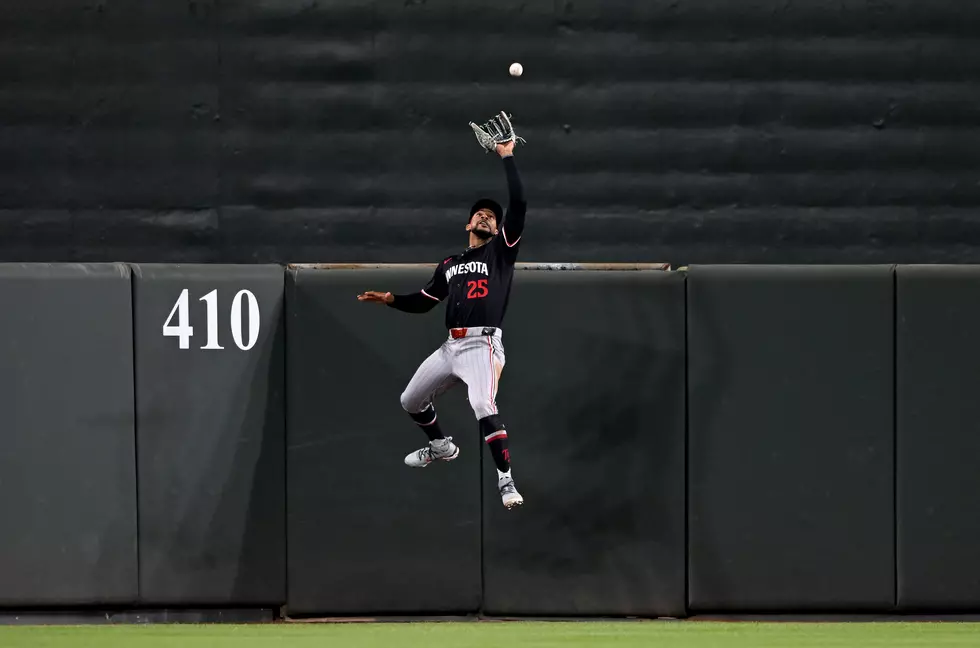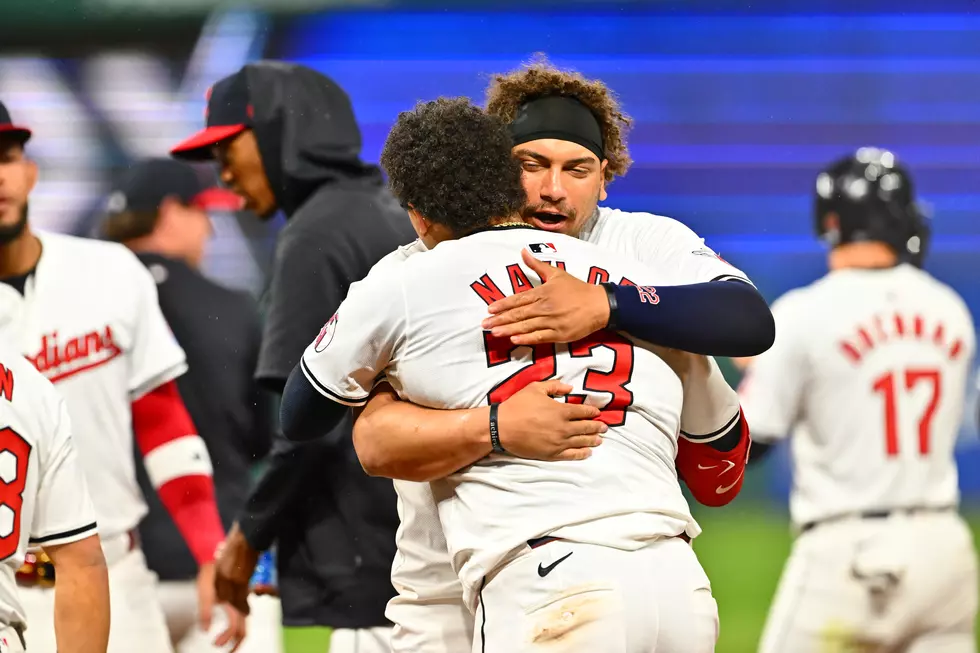
Lessons Learned from an Exhilarating World Baseball Classic
Team USA claimed its first World Baseball Classic crown Wednesday night and learned some valuable lessons along the way. More importantly, here's hoping Major League Baseball learned some lessons too.
1. Baseball is fun, especially when you allow it to be fun.
I've never seen more enjoyment out of MLB players and non-MLB players alike in a non-playoff setting than I did during the World Baseball Classic. The tournament itself brought a natural "playoff atmosphere" and packed more intensity and energy into each pitch. Just look at the emotions players exhibited during the WBC:
Now I'm not asking for each home run to spark a chest-pounding howl directed towards the heavens, but you can see how much more enjoyable a two-run bomb becomes with the extra emotional flair.
The same can be said for Adam Jones' highway robbery of his Baltimore Orioles teammate Manny Machado. Do I need Jones to shout and hop his way around the outfield until everyone's ready for the next pitch? No, but it sure does make the play more exhilarating and all-around enjoyable to watch.
2. The World Baseball Classic matters.
Many of the arguments against the World Baseball Classic claim it contains little more value than a glorified Spring Training game. Those who argue against the World Baseball Classic say it doesn't matter. If that's true, someone should tell the players.
Watch the way the Dominican Republic and Puerto Rico play baseball. Watch the frustrations of players from Columbia and Mexico when calls and key decisions fail to go their way. Watch the Americans celebrate their first WBC title.
Still don't think the WBC matters? Ask Christian Yelich, Miami Marlins and Team USA outfielder.
Yelich is an American young gun. He hasn't experienced the MLB playoffs or a World Series appearance, but in his few years of MLB service, nothing has compared to starting and contributing nearly every day to Team USA's WBC title run.
3. The "extra innings rule" is a waste of time.
MLB mentioned potential consideration of extra innings rule changes to Sports Illustrated back in February. In those possible changes, there was the potential of starting extras with a runner on second base in hopes of protecting pitchers' arms and speeding up the pace of MLB games. The WBC proved such a move is nothing more than folly.
Starting in the 11th inning, offenses came to the plate with runners already on first and second base. Predictably, this led to every inning in the 11th and beyond starting with a sacrifice bunt to move the runners over. While trying to speed up the pace of play, the WBC also hurt the flow and entertainment value of these dramatic "win-or-go-home" moments in extras.
MLB said it never seriously discussed making any rule changes to the extra innings format, but if Rob Manfred, Joe Torre and other MLB executives watched the WBC (and I know they did), they'll be best served leaving the extra innings format as it is now.
4. The WBC is infinitely better than Spring Training.
I love baseball, and I'll watch Cleveland Indians' Spring Training games, but those matchups pale in comparison to the competition level we saw during the World Baseball Classic. Especially with split-squad matchups, you just can't find the same entertainment value in Spring Training that you can find with competitions like the WBC.
Should the WBC be more than every four years? No, but I'd be hard-pressed to ever find a scenario where I clamor for the end of the WBC's existence.
More From KSOO-AM / ESPN Sioux Falls









